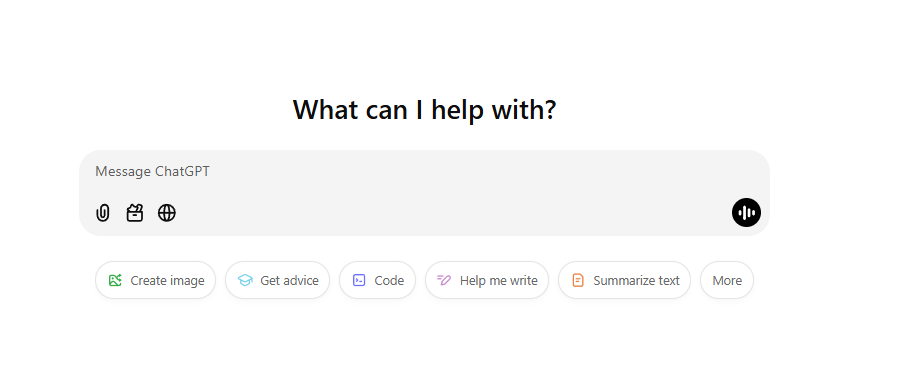
Is this the end of Google in online search?
Since its inception, Google has been the undisputed leader in Internet search, dominating how we access information. However, the emergence of OpenAI’s ChatGPT Search promises to change this dynamic. This innovative product, led by Sam Altman, is emerging as an ambitious and efficient alternative that integrates fast, up-to-date answers linked to verifiable sources. The tool not only answers questions; it also offers contextualized results in real time, which could transform the way we explore knowledge online.
ChatGPT Search: Beyond Keywords
Unlike the traditional keyword-based search model, ChatGPT Search leverages natural language. Users can make queries with complex expressions and get detailed answers without the need for successive searches. In addition, the new interface allows manual activation of the Internet search through the “Internet Search” button, enabling an interaction that combines precision and ease.
A conversational approach: Making the search more human
ChatGPT’s conversational feature not only makes interaction easier, but also more intuitive. ChatGPT Search promises to transform the search process by enabling questions in a natural tone, even in the middle of a previous conversation. This creates a more human and approachable experience, where the AI can interpret the user’s context and adapt its responses to provide relevant information in a continuous and agile manner, overcoming the link-list based approach.
ChatGPT vs Google: How does ChatGPT compare with Google’s algorithm?
Google has built a robust system of algorithms that rank and prioritize information. However, ChatGPT introduces a new paradigm: generative answers accompanied by links in a side panel called the “Sources Sidebar.” This feature not only improves the accuracy of responses, but provides transparency by allowing verification of cited sources. Google has taken similar steps with technologies such as BERT, but ChatGPT distances itself with its comprehensive focus on conversational language and its ability to integrate real-time search.
The challenges facing ChatGPT Search
Despite its innovations, ChatGPT also faces challenges. Accuracy of responses is key, as any error could affect the reliability of the system. OpenAI continues to warn users about the possibility of inaccuracies and encourages verification of important information. In addition, the rollout process is gradual: while paid users in Spain can already access ChatGPT Search, free users will have to wait a few months to explore this new technology.
Future of search: The age of artificial intelligence?
ChatGPT’s entry into the field of search marks a turning point in the field of artificial intelligence applied to information. This development opens the door to a future where our digital interactions will be increasingly natural, adaptive and, above all, personalized. In the near future, we could see a convergence between Google’s and OpenAI’s approaches, integrating the best of both worlds to transform our online experience.

